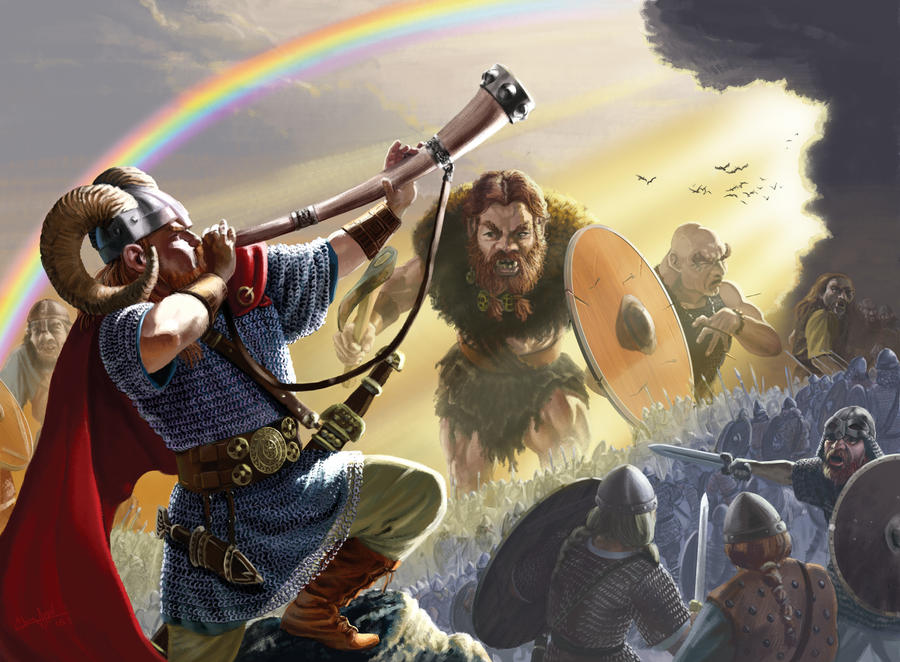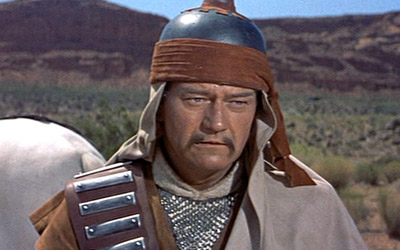This will be a fun topic.
I am a big fan of the Japanese animated series
called “Ghost in the Shell: Stand Alone Complex” a series I have mentioned before in this blog though in a very different context. The show is set in Japan, decades from now in
a dystopian cyber punk future in which people have so augmented themselves with
robotic parts and computerized thought processes that the ability to hack into
the minds of others and alter their memories and perceptions has caused many to
question what it is to be human. It has
a lot of action, with battles between futuristic tanks, cyborgs, and terrorists,
but punctuated by deep discussions on what the nature of intelligence, individuality,
reality, and the number “0”. It is one
of my favorite shows.
They are making a movie starring Scarlett Johansson,
the biggest female action star in film currently as the main character. And this has caused some controversy because the main character is a Japanese woman, and Scarlett is not. To be fair, in the context of “Ghost in the
Shell” the main character is actually a cyborg, with only her brain as the
biological part of her and she could function in the body of a white woman, a
black man, or an Asian person of ambiguous gender. The fluidity of self is a part of the show.
However, there are not a lot of opportunities for
Asian actors in Hollywood to star in a big budget science fiction action film,
and considering the setting and origin of the story, to have a movie that could
be the break out role for a young Japanese actress and cast of Japanese actors
to instead go to a star that is already huge seems to be a problem that I can
understand and appreciate.
I do find it strange that a movie set in Japan
about Japanese characters is being cast with white actors, but I also know that
cannot really be avoided. Max Landis,
who at this point seems to be more a person who complains about the movie
industry rather than functioning as a writer in that industry spelled out in his vlog how important having a star in this kind of movie is. And what he is saying makes sense. It is a self-fulfilling prophecy, you need a
star, there are no Asian stars, you don’t use an Asian star in the movie, there
continues to be no Asian stars because no one will take a risk on trying to
make one.
I would propose a compromise, it would be prudent
to do what they did with "Edge of Tomorrow". Localize the material by changing names and
locations. “Edge of Tomorrow” was
originally a Japanese novel called “All you need is Kill” (the stupidest name
ever) and they changed the setting from Asia to Europe, the star is now an
older white movie star rather than a young Japanese man, and (I say this having
read the book) the story is far more coherent and streamlined (though still not
perfect by any stretch). For “Ghost in
the Shell” make Tokyo into San Francisco, Kusanagi becomes Kathrine, and
Section 9 becomes Section 9 because somethings don't need to be localized.
The story of "What is human in a world of
cybernetic augmentation and robotics" is not a new one (I have talked about "Bladerunner" in this blog before, along with "Deus Ex: Human Revolution", and “The Matrix” too for that matter). Saying that the story is somehow inherently Japanese and
incapable of being adapted in such a way is meaningless. I've seen all of
"GitS: SAC" and the idea of government officials being manipulated by
a pharmaceutical company for massive profits at the expense of people's health
is a pretty universal story in the US too.
I would go further to point out that Japan has
adapted American stories like Spiderman to suit their needs in the past, and we
have done the same with Sentai in the form of Power Rangers. Many anime are based in Europe (or Europe-esc
areas) like "Fullmetal Alchemist" and "Attack on Titan" and
Japan has cast Japanese actors in their live action adaptations of these
movies. This sort of racial compromise is seen as necessary because there are
not a lot of white people in Japan for them to make the movie with, just as
there are not a lot of Japanese actors in the US to make movies set entirely in
Japan.
 |
| This actor portrays a guy named Eren Yeager. Cause I guess he was the most German looking person to show up at casting. |
I suppose the industry could compromise and cast
"Asian" actors in the various roles, most people in the US wouldn't
notice the difference between someone who is Korean or Chinese
playing a Japanese person, but those who do would find it offensive I am sure. This has happened in the past (though I didn’t
notice until told) with John Cho, a South Korean actor being cast a Lt. Sulu in
the new “Star Trek” reboot, replacing George Takei, a Japanese actor. But then Takei voiced a Japanese man in “Mulan”
a movie that used many different actors of different races to play parts in
China.
But, maybe they are doing the worst possible
compromise, by keeping the setting and the names and just using white actors,
which is white washing, even if there is a canonical explanation as to why a
Japanese brain could be in a white looking body. If they use a white actor to play
a character that has in all previous instances has been Japanese, this echoes a
practice of casting white actors in roles where they portrayed minority
characters, though in those past instances it was done without class and is frequently
the blemish that keeps movies of the past from holding a place in the modern
cultural lexicon, for instance when John Wayne played Genghis Khan. In general
studios should avoid such practices when adapting properties by taking care
with adaptation and casting decisions.
Let’s talk about a movie that has
done the opposite of this and cast a black actor in a traditionally white role:
Idris Elba played Heimdal in Marvel’s “Thor” Franchise. Heimdall was described as “the whitest” in
Norse mythology, a mythology that is entirely composed of white gods, for a
white people. The stories were adapted by a white artist/author (Jack Kirby) for an overwhelmingly white comic industry to sell to a white audience. He
is played by Idris Elba, who if you are unaware, black guy. So why am I so okay with this? A number of reasons.
In the Marvel Universe the
Asgardians are aliens that inspired the Norse myths. In my mind (as in this is my explanation,
feel free to ignore it, but I think it works pretty well)… In my mind the Norse
people saw the Asgardians, saw them as gods, and as the legends of them passed
into myth people started to re-write the legends to better suit how they wanted
them to be. In the Marvel cinematic universe,
the Norse people white washed Heimdall to be a white person so that they could
feel that they could claim to more closely resemble their gods.
In the real world, the Norse gods
are not real. They are stories and we as
the story tellers are free to picture these fictional people as however we
want. As aliens, as gods, as people who
did exist and have since been elevated to godhood in myth (like how Abraham
Lincoln hunted vampires). BUT, “Ghost in
the Shell” is not about aliens or gods, it is about Japan. It is about people who look a certain way and
live in a certain place. If you want to
take the thematic trappings of that story and put them in another setting with
people who look different in a different place that makes sense. But to put a white person in a story where
she is Japanese is downright silly.
 |
| Heimdall as he might have once been imagined. |
 |
| And let's also be clear, having a cast that looks like the international audience they are trying to attract is helpful to recoup all that money they spent on special effects. |
 |
| Cyborg or no, watching Scarlett tear her own arms off trying to break into and disable a tank would be a rather interesting thing to see. |






100%. The studio's approach seems very awkward and uninterested in positive reviews or sales.
ReplyDelete